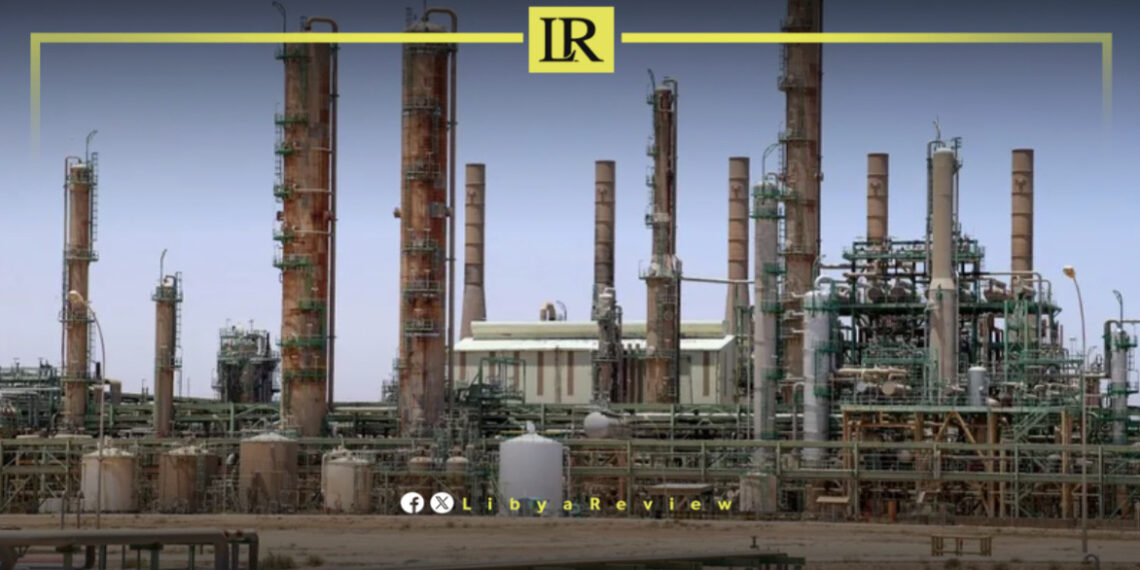A recent report by U.S.-based energy platform OilPrice.com highlights Libya’s growing strategic importance in Western efforts to diversify energy sources and reduce reliance on Russian supplies, amid intensifying geopolitical competition with Moscow and Beijing in North Africa.
Despite ongoing political and security instability, the report notes that major Western energy companies—including Shell and BP—are re-establishing their presence in Libya’s energy sector, seeking to secure long-term access to its rich oil and gas reserves.
Libya’s Ambitious Oil Production Targets
The renewed Western interest coincides with ambitious production goals set by the National Oil Corporation (NOC) of Libya. The NOC aims to increase national crude output to 1.6 million barrels per day by 2026. Achieving this target will require investments of $3 to $4 billion, according to previous statements by the Acting Minister of Oil in the Government of National Unity.
Shell and BP are at the forefront of Britain’s energy diversification strategy, serving as key players in the search for alternative supplies to sanctioned Russian oil and gas since the onset of the Ukraine war in 2022. The report mentions that both firms have recently resumed operations in Libya, alongside other European giants such as Italy’s Eni and France’s TotalEnergies.
This movement is framed as part of a broader Western energy pivot aimed at undermining Russia’s ability to fund its war through energy revenues.
High International Interest in Libya’s Exploration Round
OilPrice also pointed to a new oil licensing round launched by Libya’s NOC in March, offering 22 onshore and offshore exploration blocks. The round has attracted interest from at least 40 international companies, including Spain’s Repsol and U.S.-based ConocoPhillips.
The blocks cover key basins such as Murzuq, Ghadames, and Sirte, in addition to offshore areas in the Mediterranean—underscoring the vast geographical scope of Libya’s hydrocarbon potential.
Security Services and Energy Infrastructure Protection
The report also highlights the willingness of international companies to invest in securing their operations on the ground. This includes deploying specialized security teams and building supporting infrastructure, in accordance with international legal frameworks. In some cases, the level of protection offered may rival that provided to foreign embassies in conflict zones.
As global powers continue to shift their energy strategies, Libya is poised to become a critical hub in Western energy realignment—if stability can be sustained.


